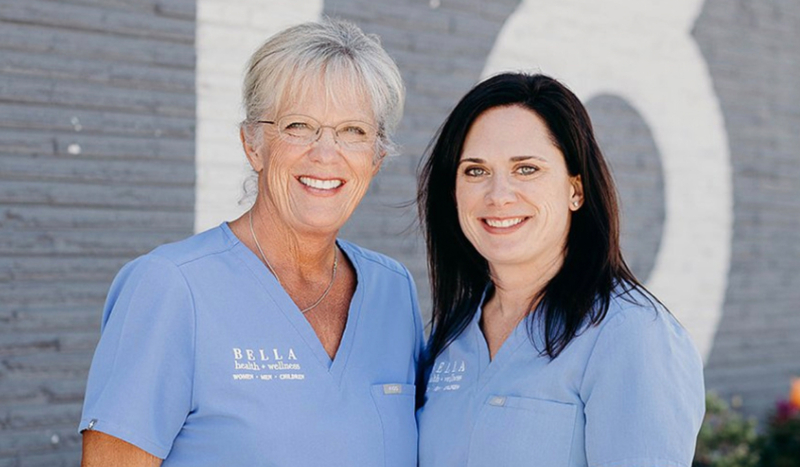
becketlaw.org/media/colorado-abortion-pill-law-put-on-hold/
Colorado state officials will not yet enforce a law that would ban pro-life clinics from treating women who want to reverse an incomplete medication abortion.
On April 28, a federal judge found that Bella Health & Wellness can continue offering treatment to reverse the abortion pill, after state officials testified that they would temporarily suspend enforcement of a new law penalizing the practice.
“Colorado’s attorney general ran away from this law once he realized the legislature had shot from the hip,” said Rebekah Ricketts, an attorney at the Becket Fund, which is representing Bella Health in the clinic’s lawsuit against Colorado.
For now, Ricketts noted in a statement after Friday’s order, “the state has promised under oath to act as if the law does not exist” and “women in Colorado will not be forced to undergo abortions they seek to reverse.”
In his April 28 order, Judge Daniel Domenico cited the state defendants’ repeated commitment that they would not presently be enforcing Senate Bill 23-190 against clinics offering abortion-pill reversals.
Based on these assurances of non-enforcement, the judge said he could not grant a preliminary injunction, which would have explicitly blocked Colorado from enforcing the law against Bella Health.
“This decision is based on the defendants’ having made it clear to the Court that the plaintiffs’ current and planned activities do not subject them to the threat of enforcement in the imminent future,” Judge Domenico wrote in his order. “Should that change, the plaintiffs can bring a new motion.”
The first law of its kind in the nation, S.B. 23-190 describes abortion-pill reversal treatment as a “deceptive” and “unprofessional” practice and provides penalties for clinics that offer it.
In an unusual move, however, S.B. 23-190 also provides a possible scenario in which the practice might be allowed. If three state medical boards go against the legislature and unanimously approve abortion-pill reversal, the penalties spelled out in a portion of S.B. 23-190 will not apply. The boards must make their rules on this issue by October 2023.
At a court hearing on Monday, officials testified they would not be enforcing S.B. 23-190 against providers of abortion-pill reversals during this interim period, while the medical boards complete their rulemaking.
State officials have only committed to non-enforcement during the limited time of this rulemaking process.
In Friday’s order denying a preliminary injunction, Domenico removed his earlier temporary restraining order against S.B. 23-190, while ordering the state defendants to file status reports updating the court on “any material action that occurs in the rulemaking process contemplated by Senate Bill 23-190.”
Domenico noted in his order that “it is unusual for the executive branch of government to commit to not enforcing the laws on its books. But as both sides made plentifully clear during the hearing, S.B. 23-190 is an unusual law.”
Friday’s ruling does not bring an end to Bella’s lawsuit, which accuses Colorado of violating the clinicians’ religious liberty and free speech rights as well as the rights of their patients.
“I could never turn away these women in need,” said Bella co-founder and CEO Dede Chism in a joint statement released by Becket on Friday.
“I know from experience that we can help women who have changed their minds after taking the abortion pill,” Chism said. “I’ve held their beautiful babies in my arms, and Bella still treats some of those babies now as toddlers and school kids.”

